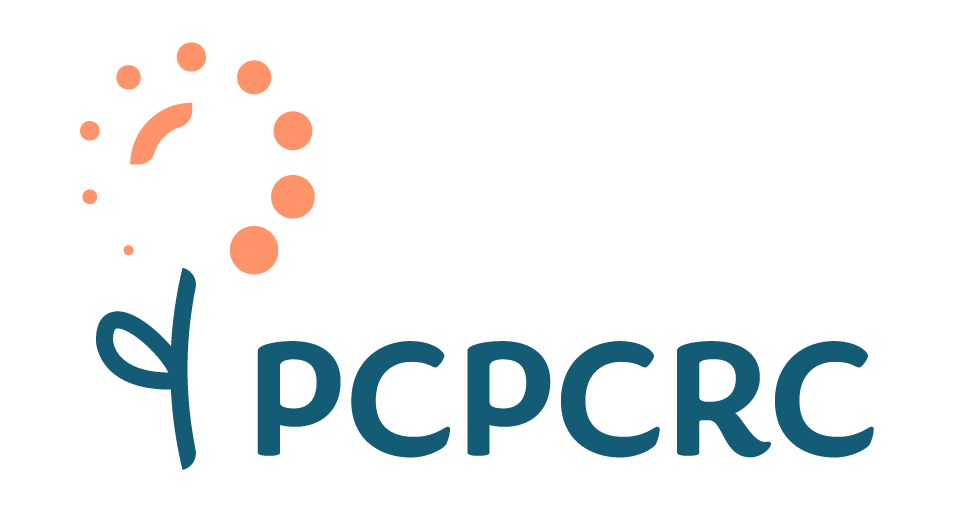
With over 100 investigators, healthcare providers, trainees, community and policy stakeholders, and patient and family partner members, the Pan-Canadian Palliative Care Research Collaborative is a network of practice-focused research groups aiming to produce high-quality palliative care research.
Our members have a passion for research and are looking to be actively involved in a palliative care research network. They come from many disciplines and include patients, caregivers, trainees, policy makers, clinicians, and researchers.
When undertaking her residency scholarly project at McMaster University, Dr. Priya Gupta noticed there was very little literature to explain how refugees in Canada access palliative care. This gap in the literature, coupled with her long-standing interest in refugee health, motivated Dr. Gupta to put together a mixed-methods case study, “Exploring the Facilitators to and Barriers in Providing Outpatient Palliative Care to Refugees.” Upon recommendation from others at the Division of Palliative Care at McMaster, Dr. Gupta submitted this project to the inaugural round of the PCPCRC’s Seed Funding Competition in 2022 and was awarded funding.
Dr. Gupta and team looked at administrative data and interviewed healthcare providers to understand how refugee patients under the Interim Federal Health Plan (IFHP) accessed acute care services if they had palliative care diagnoses or needs, as compared to patients under the Ontario Health Insurance Plan (OHIP). They studied emergency department visits, hospital admissions, length of stay, and home and community care referrals. They found that patients under IFHP had a very difficult time accessing outpatient palliative care supports and nursing supports. As a result, these patients had to rely more heavily on acute care services than did patients with OHIP coverage. She and her team plan to access ICES data in the future: “We want to figure out—from a province-wide/Ontario perspective—how refugees with IFHP coverage and palliative care diagnoses are actually accessing palliative care.”
Dr. Gupta is now a palliative care physician practicing in Hamilton, Ontario. She works as an inpatient palliative care consultant and with the Hamilton Palliative Care Outreach Team (PCOT), providing palliative care in patients’ homes. Since completing the mixed methods project, Dr. Gupta has since co-founded GPS Health Navigators, a non-profit organization aiming to improve care coordination for refugees under the IFHP that have palliative care needs.
The GPS Health Navigators team is currently finalizing operations and building partnerships. “The hope is that the organization will grow further,” Dr. Gupta says, “and because IFHP is a national program, this can be replicated nationally. That’s the big dream in probably the next ten years, following the pilot in the GTA-Hamilton region.”
The seed funding and mentorship provided by the PCPCRC network have been important to the project. “Presenting to the group helps in terms of building your confidence and supporting your growth. If we wanted to expand the project to a different province or city, I now know people in those areas and that would be much easier and less intimidating.”
“Without the seed funding, we wouldn’t have been able to make the project as good and big as it is,” she explains. “The future steps are all ripple effects from the grant.”

